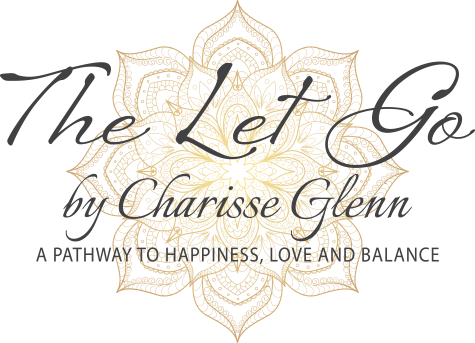“Do not let the memories of your past limit the potential of your future. There are no limits to what you can achieve on your journey through life, except in your mind.”
~
Words hold vibrations.
Choosing our words to color our world creates the tone and tenor of how we live. Certain words resonate at a high frequency, while others do the opposite. Should appears to be a positive word, yet it is not.
Should focuses on what is lacking; it is hypothetical. What we should have done or should do doesn’t exist. In many, the command of you should, can elicit a knee-jerk response, causing us to rebel. This word has the power to evoke negative feelings, including resentment, anger, and guilt.
Recently, I read a letter from a mother to her long-deceased child. It was a heartwrenching plea for what should not have happened.
The grief of losing a child is unimaginable, and this woman, after many years, was still trapped in the depth of her sorrow. Her pain was felt with each supposed to be, or do, she wrote.
Her letter was a vessel that expressed the expectations she hoped her life with her son would have and should have been.
You were supposed to. I was supposed to. We should have filled the page, and tears indeed flowed forth as she wrote her heartfelt overture.
My empathy for her pain grew as I read line after line as she expressed hopes and dreams which will never come to be. She was living in a world that will never happen and can never exist.
Should of and supposed to are words that keep us in a false reality. Using those words kept her locked in a world unable to change.
“When we stop opposing reality, action becomes simple, fluid, kind, and fearless.” ~
We cannot move forward if we keep reliving a life filled with regrets, bad choices, bad relationships, tragedies, or sorrows. The laws of attraction are guided by the narratives we repeat. What we put our attention on will be. To change what is begins by letting go of the narrative of what was.
Choosing to retell the same stories keeps us stuck in a loop; reliving moments that have long since passed prevents us from the flow of new possibilities.
Changing the narrative does not negate the past; it simply refocuses our view of the world as it is.
Grief is an emotion that may never leave. What is remembered lives on, yet the power of its hold may lessen with time, facilitated by changing the words we use to describe it.
Learning to choose our words for maximum efficiency takes awareness, effort, and time. What has been learned can be unlearned. It is only the desire which is needed to begin the unlearning.
Choosing to step off the carousel of shoulding, opens the pathway to potential.
The most powerful tool we have in our arsenal begins with our thoughts, which become our words, and manifest into our worlds, orchestrating the life we want.
Life is easy unless we make it difficult. Or life is difficult unless we make it easy.
The choice is ours.






Teresa Valenza
So true – one of my fave quotes is “Stop shoulding on yourself.” 😉